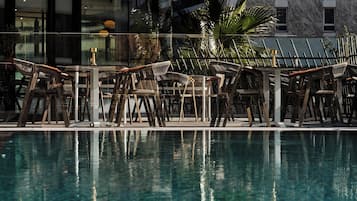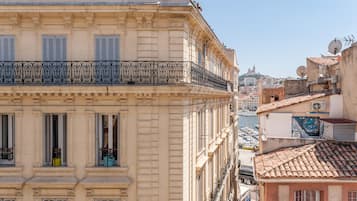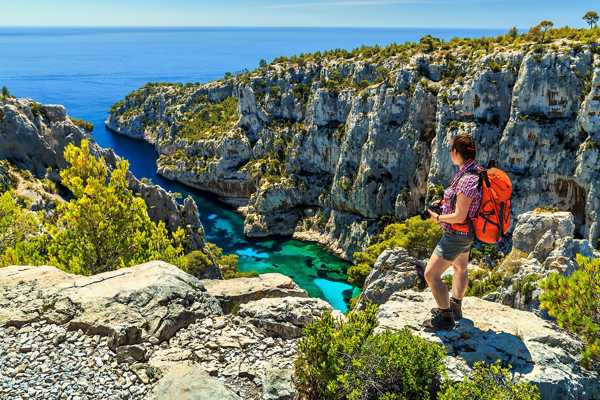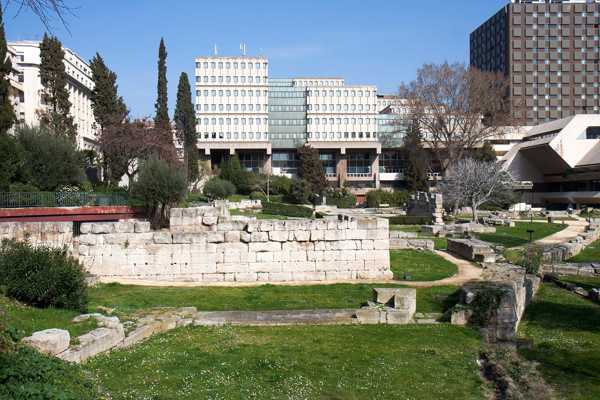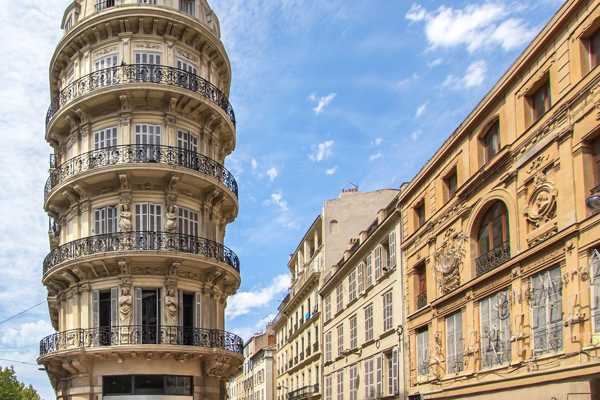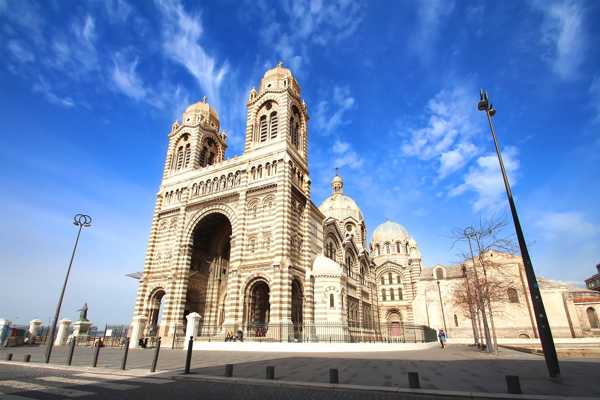Château d'If is an imposing fortress on an island near the entrance to Marseille Port. Surrounded by 5 other forts on nearby islands and others on the mainland, they once put up a formidable defence against raiders and invaders. Now, rather than deterring visitors, they attract them, with Château d'If especially standing out for its historical and cultural significance.
The small castle is perhaps best known for its starring role in Alexandre Dumas's 1844 novel The Count of Monte Cristo. The story’s main character spends 14 years imprisoned in Château d'If before dramatically escaping. Fortunately, you don’t need to resort to such dangerous adventures as there’s a ferry that sails from the Old Port to the island every 2 hours or so.
Château d'If in Marseille - one of the highlights of 10 Best Family Things to Do in Marseille and 11 Best Things to Do in Marseille (Read all about Marseille here)
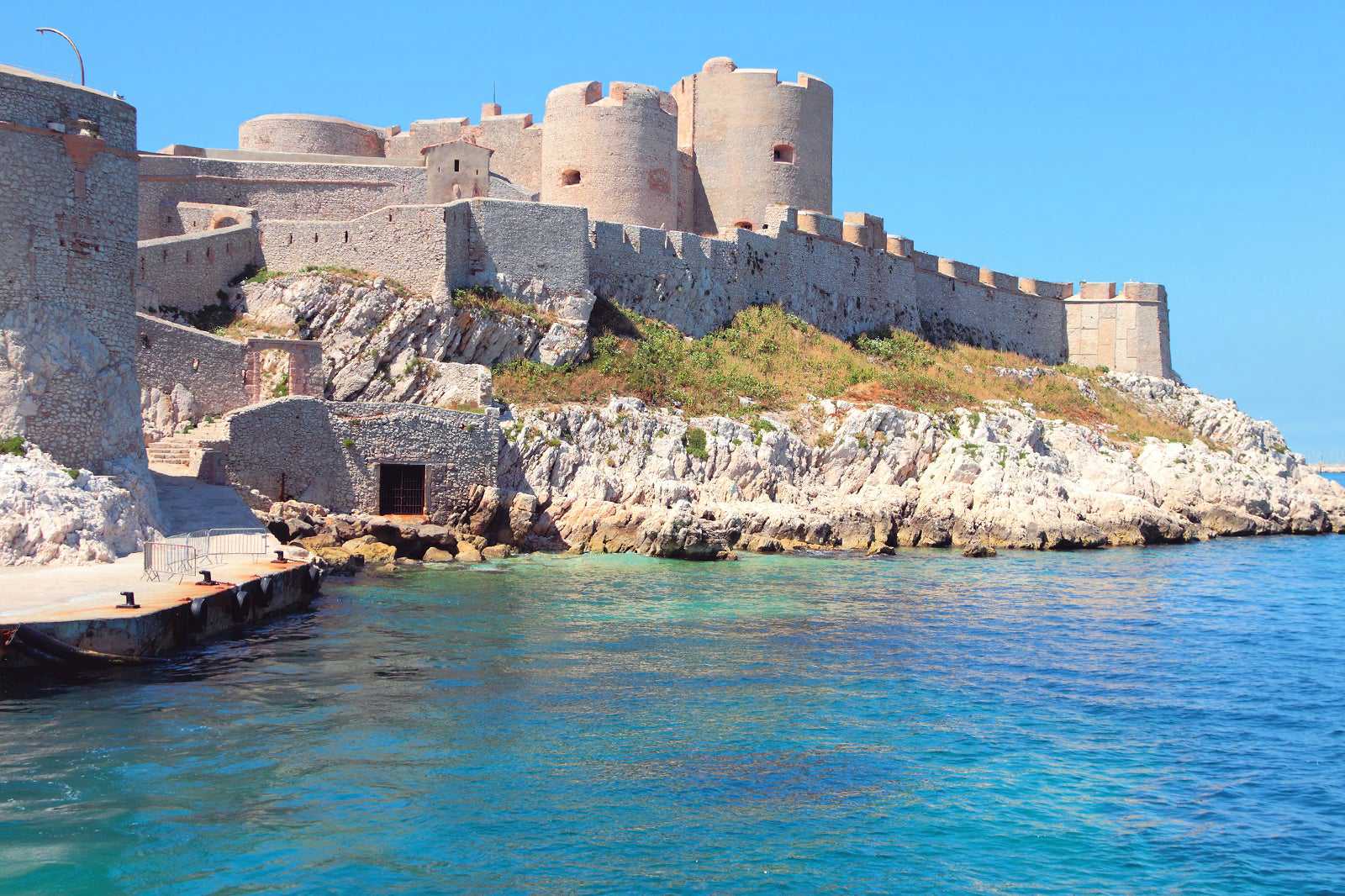
A brief history of Château d'If
The Château d'If fortress was originally built between 1524 and 1531, primarily as a deterrent rather than a stronghold. With the island being only 3 hectares in size, the castle itself is naturally very small. The main structure is a 3-storey square, measuring about 28 metres along each side, with 3 gun towers around it. The various outbuildings, including a lighthouse, were added over the following centuries.
Château d'If was successful at giving potential invaders second thoughts and it was never actually tested in combat. It’s also a good thing that’s the case since, according to famous French military engineer Vauban, it’s doubtful it would have held out for very long.
Much like San Francisco’s famous Alcatraz, the fort had a second life as a prison – one equally famous for being inescapable. Like Alcatraz, the strong currents around the island mean that getting out of the fort is the easy part of an escape attempt. Reaching the mainland alive proved to be impossible and, in about 350 years of holding prisoners in very cramped and often unhygienic conditions, the only person known to have escaped and lived was Edmond Dantès – Dumas’ fictional protagonist.
The last prisoners to be held in Château d'If were German prisoners from the First World War. Germans would return to the island in the Second World War, but not as prisoners. Instead, the castle would once again become a defensive structure, with anti-aircraft guns based around it to protect Marseille from Allied bombers.
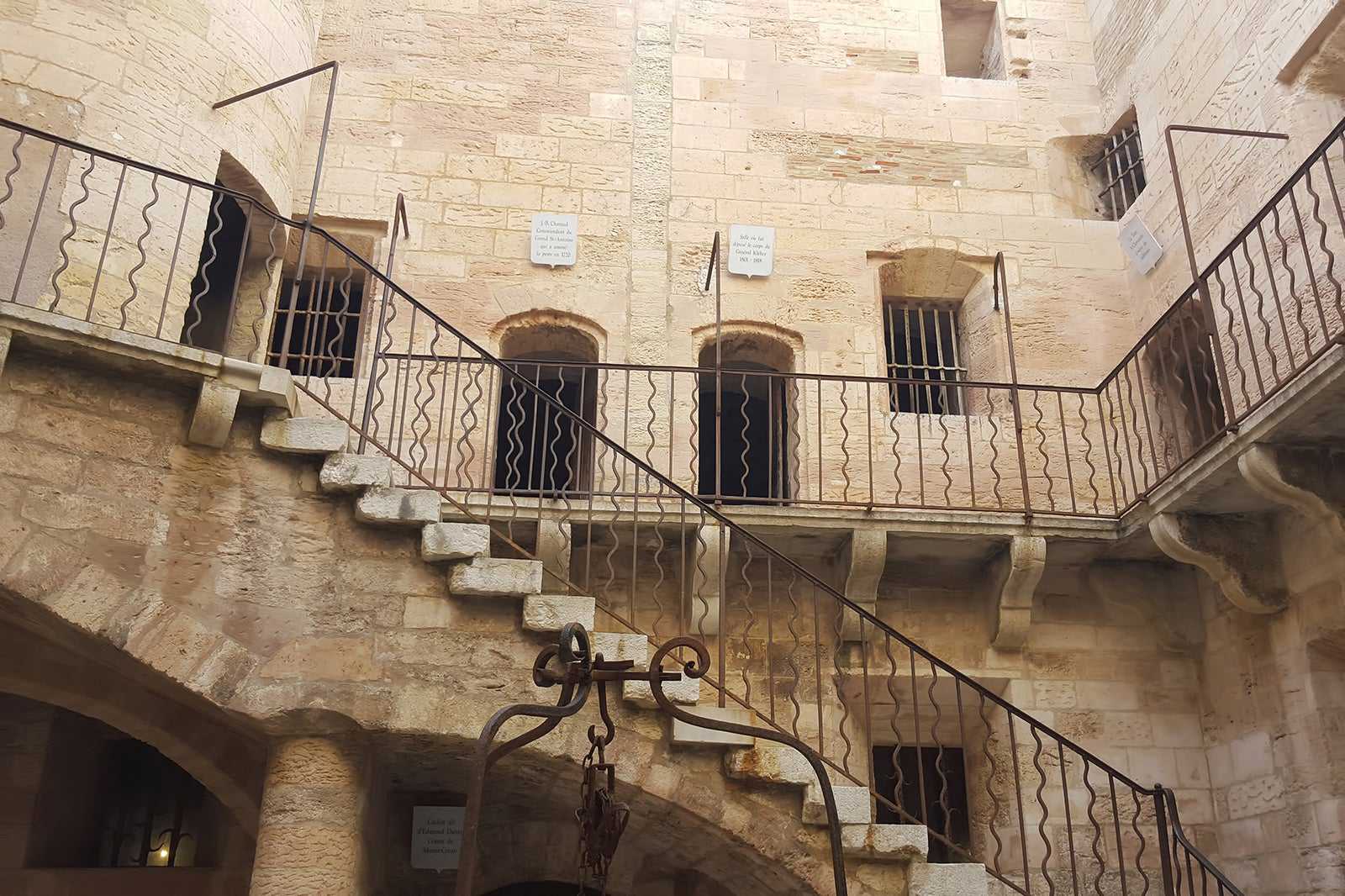
What are the highlights of Château d'If?
The old fort is a very striking sight, though it’s the little details that make it especially interesting. For example, you’ll find 96 inscriptions in the courtyard left by imprisoned revolutionaries in 1848, showing that artistic graffiti is far from being a new trend. There’s more graffiti to be found in the dungeons, along with an exhibition about The Count of Monte Cristo.
On the upper floor of Château d'If, you’ll find more exhibits dedicated to famous former prisoners, with video displays telling the history of the castle in much more detail than we have. There’s also the staircase up to the terrace, from which you can get great views over the Île d'If as well as the other islands in the Frioul archipelago and even some of Marseille.
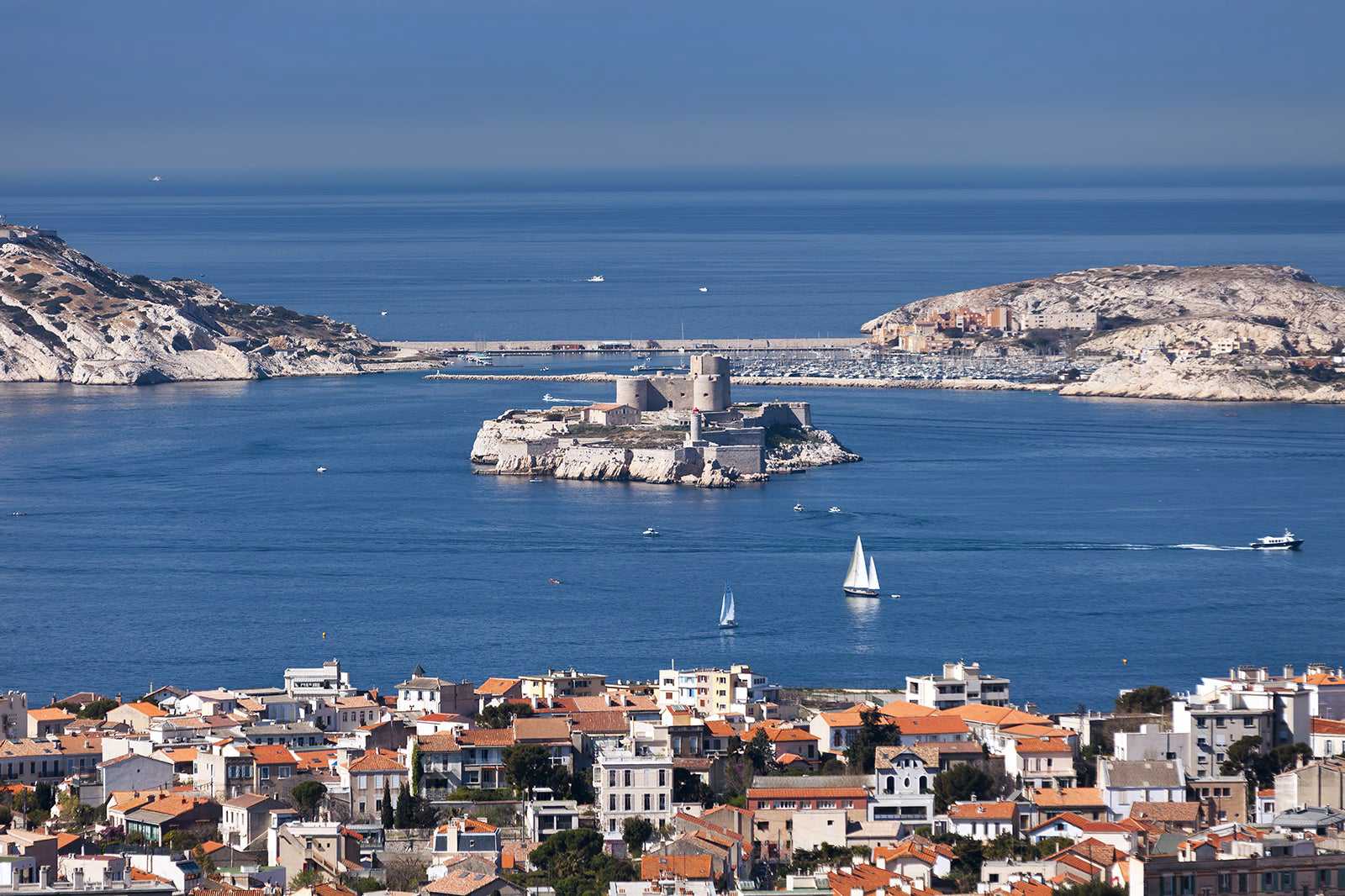
Good to know about Château d'If
As we’ve said, the island and its castle are both extremely small – you can quite easily explore everything there is to see in less than 2 hours. There’s a small cafe and a gift shop, which can add a little extra to your total trip time. Guided tours and audio guides are available in French, English, German and Italian, with audio guides also available in Spanish.
The ferry that departs from the Old Port of Marseille to the Château d'If takes about 20 minutes to cover the 3.5-km distance there. However, the strong currents slow it down for the return journey and it can take up to 45 minutes to get back. The ferry won’t sail at all on days with unfavourable weather.
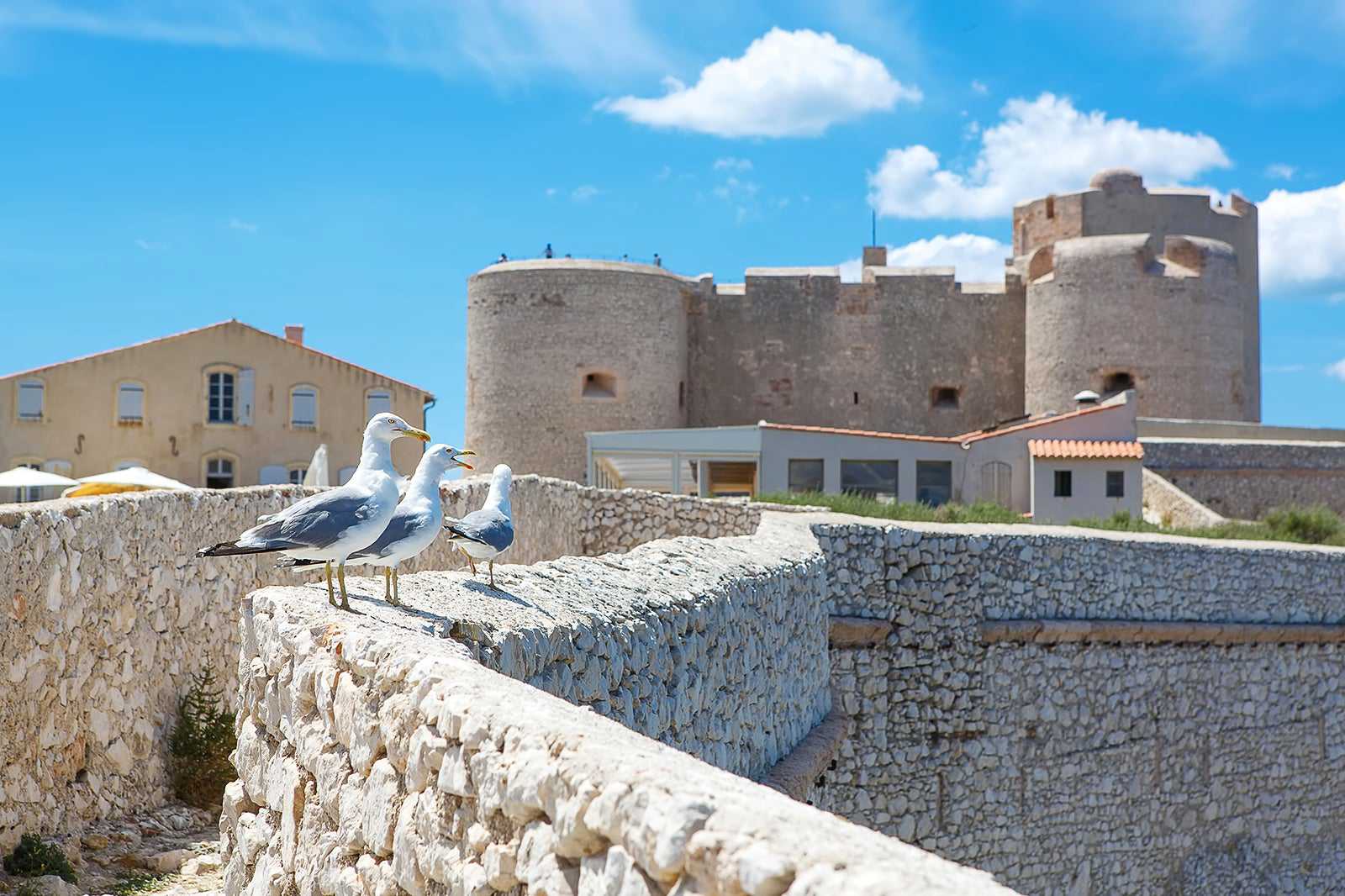
Château d'If in Marseille
Avoinna: January–March: Tuesday–Sunday from 10 am to 5 pm (closed on Mondays). April–September: daily from 10 am to 6 pm. October–December: Tuesday–Sunday from 9.30 am to 5.30 pm (closed on Mondays)
Puhelin: +33 (0)4 91 59 02 30





